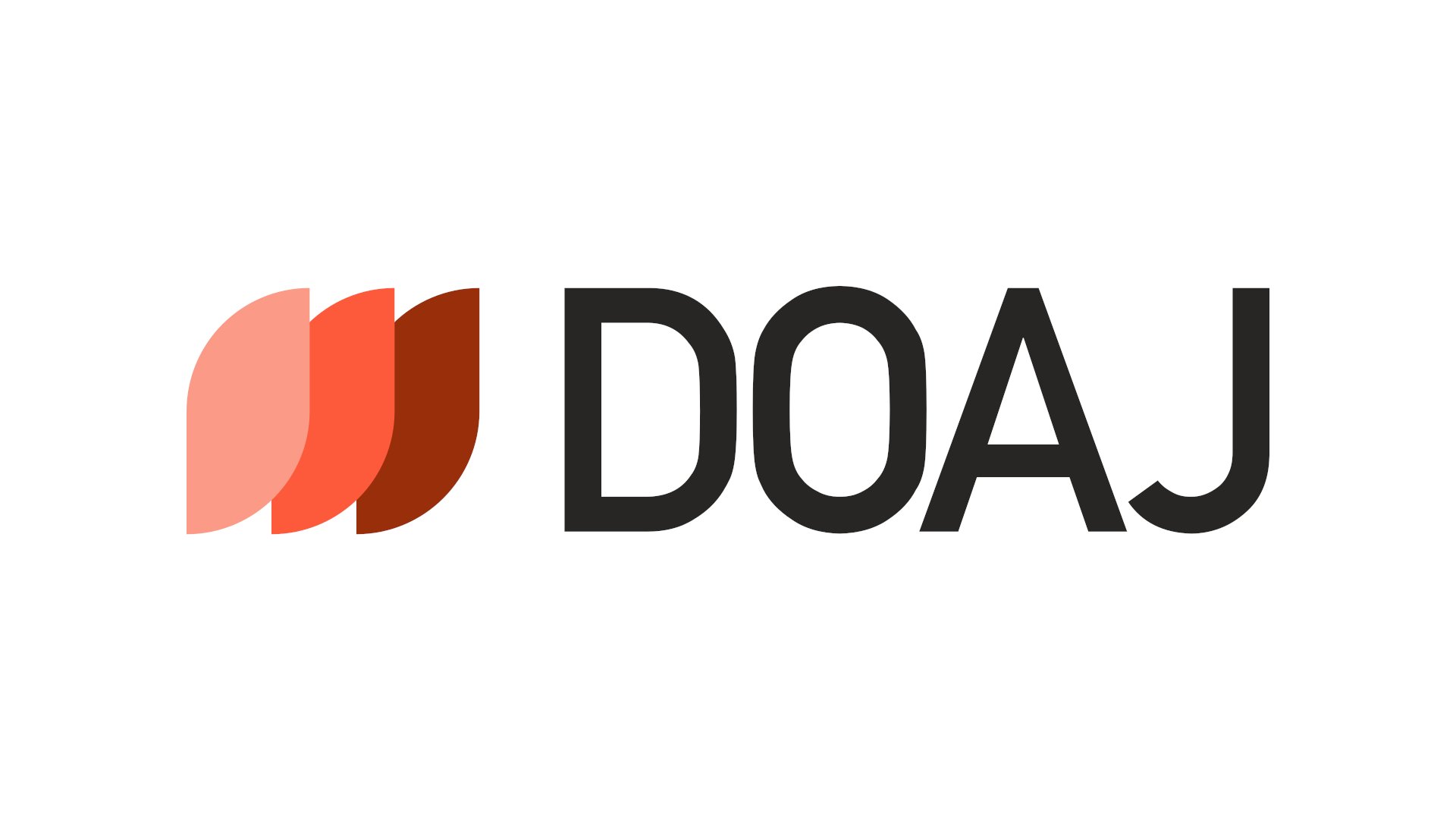Signal Propagation and Path- Loss in 6G Mobile Telecommunication System
DOI:
https://doi.org/10.33022/ijcs.v13i2.3850Keywords:
Artificial Intelligence, industry 4.0, IoTAbstract
As previous we know about many types of generation like (2G,3G and 4G network), and also it has been developed to the fifth – generation mobile communication system. Compare with 5G, 6G will be faster and lower latency, in 6G era, the theoretical network speed will reach to 1Tbps. That is 100 times the speed of the 5G, which is 10,000 times the speed of the current 4G. 5G is officially commercialized in 2019, but 5G has no yet covered a large area and have problems with high tariffs and incomplete network coverage ,6G network makes up for these problems. The 6G is through the integration of ground base stations and satellite communications, thus covering the whole world, it is also the real coverage. But also, there’s some issues with 6G networks, like here in this article I will explain the propagation signal for 6G and I will talk about path loss signals because it uses sub-millimeter waves or tera-hertz waves to make faster connection but it will cause so much issues in propagation filed. And explained how to address path-loss challenge.
Published
Issue
Section
License
Copyright (c) 2024 zhala soran, Prof. Dr. , dlshad fm, hasan saeed

This work is licensed under a Creative Commons Attribution-ShareAlike 4.0 International License.



